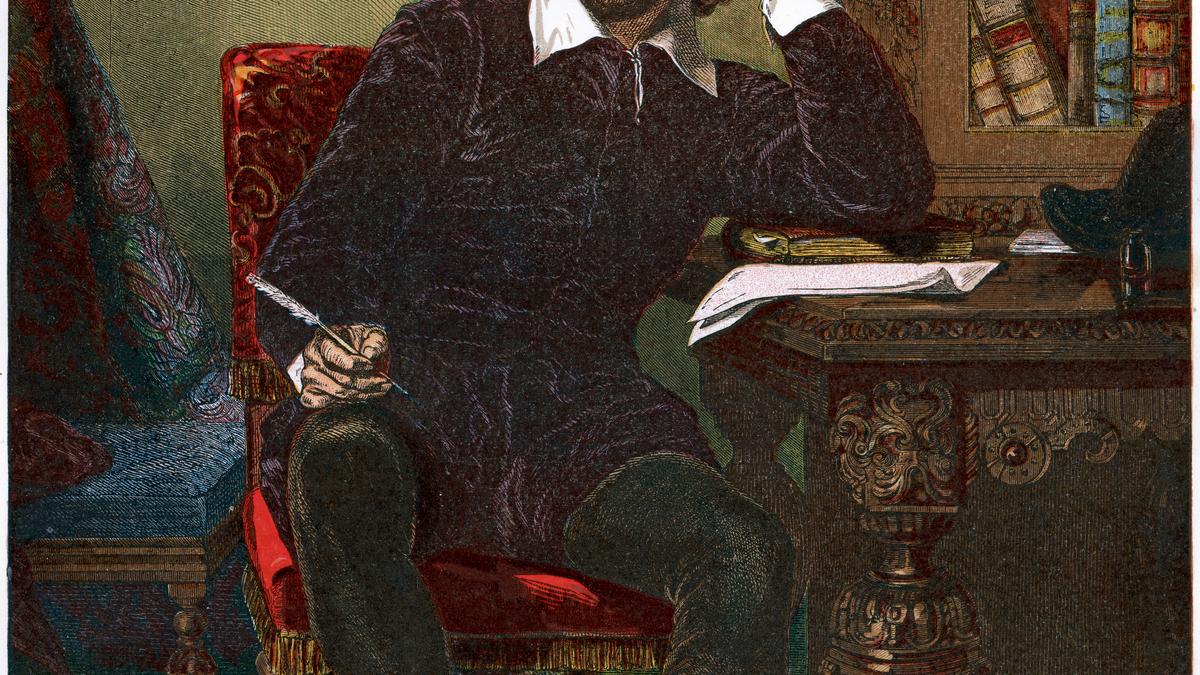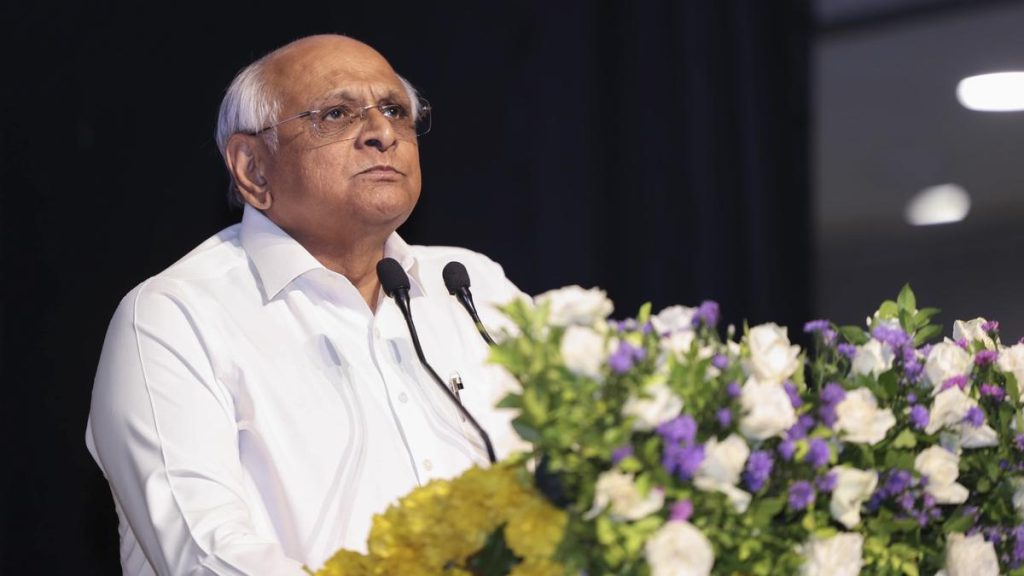Now Reading: The Timeless Magic of Shakespeare’s Words
-
01
The Timeless Magic of Shakespeare’s Words
The Timeless Magic of Shakespeare’s Words

### Swift Summary
– April 23 marked the 461st birth anniversary of William Shakespeare, described by Ben Jonson as the “Soul of the Age.”
– Shakespeare was born in 1564, coinciding with important cultural transitions, including the deaths of Michelangelo and Calvin.- His works are regarded as merging elements from Renaissance art and Reformation ideals.
– Shakespeare’s plays were published posthumously in 1623 due to a lack of literary recognition for staged drama during his lifetime.
– Past characters in his plays reveal a unique perspective where history itself becomes an active participant in tragedy rather than just scenery. Examples include works such as *King Lear*,*Macbeth*,*Hamlet*,and *Richard III,* which explore themes revolving around power and politics.
– The portrayal of Richard III exemplifies Shakespeare’s ability to captivate audiences through complex characters like Richard, who murders rivals yet retains an inexplicable magnetism that fascinates viewers or readers.
– An iconic moment discussed is when richard asks for strawberries during a tense political assembly-a layered exchange revealing both intrigue and manipulation.
[Read more](https://www.thehindu.com/opinion/open-page/the-bards-magical-lines/article69467927.ece)
—
### Indian Opinion Analysis
Shakespeare’s continued reverence globally highlights how timeless literature transcends boundaries to resonate universally with ideas about human nature, politics, and historical cycles.For India-a nation steeped in its own rich history-Shakespeare’s view on history as an ongoing force underscores parallels with turbulent eras like mughal succession struggles after Jehangir’s reign. The essay discussed here offers insights into universal themes that remain relevant no matter one’s cultural context: power games, cyclical tragedies within governance, and deeply flawed but compelling leaders akin to historical Indian figures whose actions shaped nations.
As educators increasingly incorporate global classics into syllabi alongside regional texts like Kalidasa or Tagore’s works, understanding Shakespeare provides an chance for comparative exploration between Western dramatics vis-à-vis Indian storytelling traditions rooted in mythos and moral conflict-enriching cross-cultural learning frameworks.
By revisiting figures such as Richard III through broader lenses beyond Western-centric perspectives-such as analyzing Machiavellian traits alongside chanakyan leadership philosophies-India might delve even deeper into global canonical texts while making them locally meaningful.
### images Included:
A vintage colour lithograph from 1853 of William Shakespeare.| Photo Credit: Getty Images




























